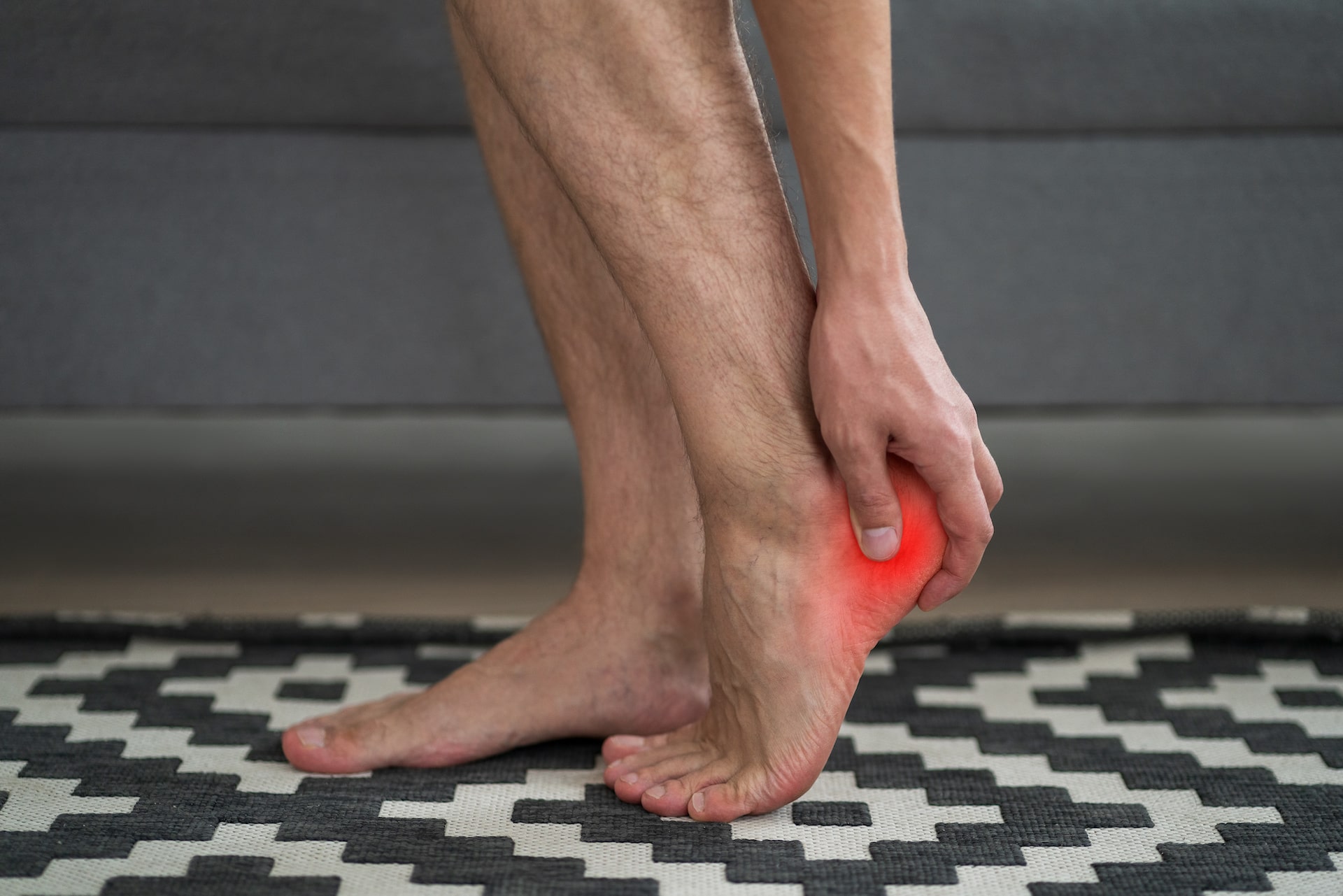You can find many shoes on the market that claim to relieve the symptoms of plantar fasciitis. The following should help you choose the right shoe for you.
Arch Support
Very often, people suffer from plantar fasciitis because their arches are under-supported. The arch of your foot absorbs the majority of pressure your body exerts upon your feet with every stride you take. When your foot’s arch is overstressed, it begins to collapse. Over time, your plantar fascia muscle band stretches and eventually tears. Shoes with adequate arch support absorb shock so the arch of your foot doesn’t have to.
If you have low arches, look for shoes classified as motion control. These shoes are designed to help control overpronation and give you much-needed stability on the inside of your foot where the arch tends to collapse. People with high arches should look for cushioning shoes. These types of shoes tend to have added midsole cushioning, which offers the extra shock absorption and helps prevent further collapse of your arch.
Heel Counter
The heel counter is the back portion of your shoe, which wraps around your heel bone. If the heel counter of your shoe is soft and collapses with light pressure, it is unlikely to provide adequate support. In addition, you should look for a shoe that has a heel height of approximately 1 inch. The height in the heel of your shoe helps to absorb shock, keeping the pressure off of your heels. Added heel height is also helpful in shifting the pressure of your weight to your forefoot, instead of resting primarily on your heels.
Heel cups, rather than brand new shoes, might be an option for you if your plantar fasciitis symptoms are mild. Heel cups can be inserted into your existing shoes to buffer the impact you feel in your heel with each step.
Sole Flexibility
When shopping for shoes, it is sometimes difficult to strike a balance between flimsiness and stiffness. If you suffer from plantar fasciitis, it is best to err on the side of firm. A firm sole helps prevent overstretching the plantar fascia and maintains alignment of the foot. It also helps to alter the angle at which your foot strikes the ground, so you do not over-extend your delicate, recovering ligaments.
The importance of your soles cannot be overstated when you suffer from plantar fasciitis. Many people assume that firmness is equivalent to uncomfortable stiffness, and therefore shy away from seeking proper support. Keep an open mind, and you will likely find that a firm sole is just as comfortable, if not more so, than a flexible one.
With so many options available, it can be a daunting task to select the best shoes to relieve your plantar fasciitis. Fortunately, when you follow these tips, your search for the right shoe is worthwhile.
Do you need help supporting your heel that’s been affected by Plantar Fasciitis? Call Kansas City Foot Specialists today to schedule an evaluation at (913) 338-4440, or request an appointment online so we can work with you to keep your feet healthy.



